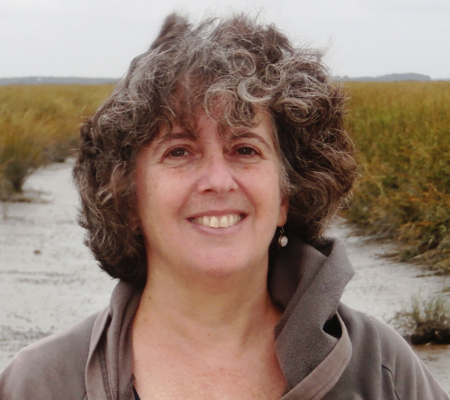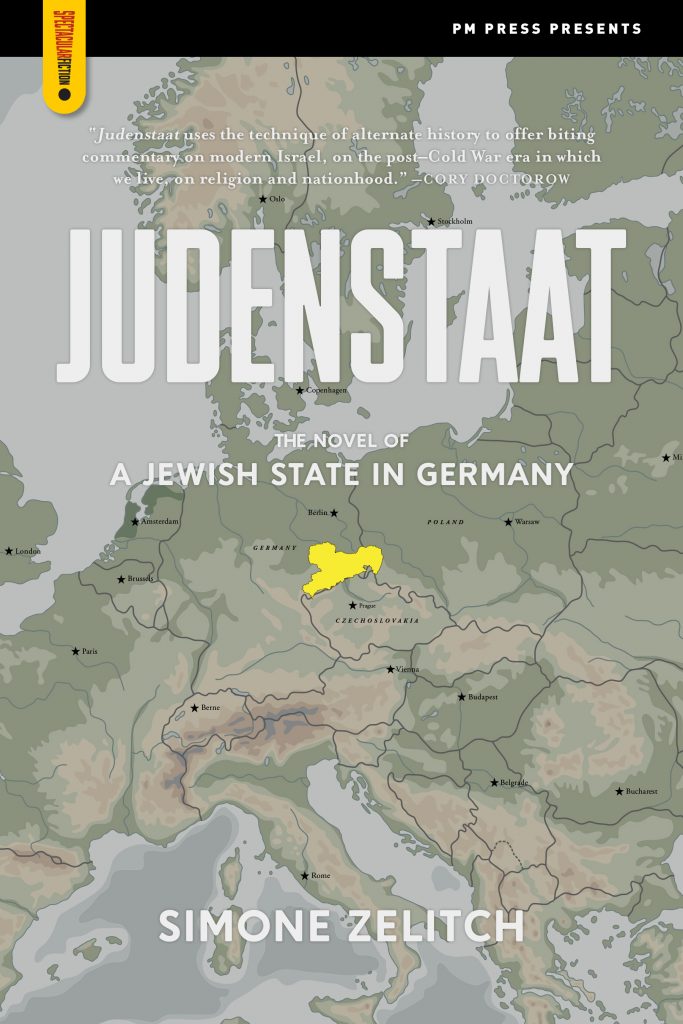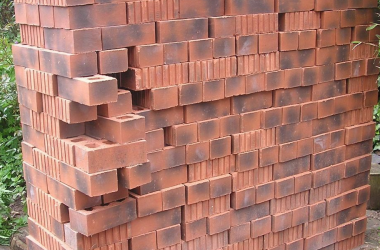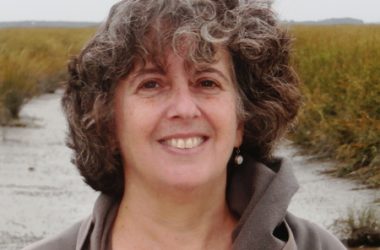By Simone Zelitch
June 8th, 2016

My hope for Judenstaat that it would find readers. It’s an alternative history about a Jewish state established in Saxony in 1948, with lots of high-nerd, wonky references, and I knew it would not be everybody’s idea of a good time (as one reviewer wrote, “This is a very peculiar book”). Yet, all things considered, it’s gotten some gratifying responses, and people who aren’t my friends and family are reading it—or, according to Goodreads—planning to read it. That’s good news.
Yet so far, not one reviewer or reader seems to have noticed that I stole Judenstaat’s structure from George Orwell’s Nineteen Eighty-four.
I suspect that most of my reviewers have read Nineteen Eighty-four. Many of the clearest connections could be classified as spoilers. Yet here, I’ll try my best to delineate a few.
1. Judit Klemmer, the novel’s heroine, works in the Ministry of Truth.
Yes, her workplace is an archive in the National Museum, but like Winston Smith, she’s pushed to edit and omit, to tell a particular state-approved story. As the ghost of her murdered husband puts it, “every time she cuts a frame, she slits a throat.” Like Winston, Judit’s good at her work. Like Winston, she understands that her work is not actually good. Both have a belief in facts– things they can see and touch– which makes them heretics.
2. The black-hats are Proles—living outside the constraints of the state’s official story.
In Nineteen Eighty-four, Proles—the underclass that make up the vast majority of Oceania—live outside the system. It’s in a prole junk-shop that Winston finds the paperweight that is a central image in the novel—a piece of the past. The black-hats, the ultra-orthodox population of Judenstaat, are not yet a majority, but will be soon. It’s in a black-hat junk-shop that Judit finds forbidden photographs and footage.
3. I stole a line completely.
I won’t say which one. Let’s just that—as in Nineteen Eighty-four—it involves a note passed on secretly from someone the protagonist despises, and that it opens up confusion and eventually, leads to some pretty good sex.
4. Then, there’s Emmanuel Goldstein—and Stephen Weiss.
Emmanuel Goldstein, clearly modeled on Leon Trotsky, is the enemy of Big Brother, one of founding members of the Party who is now perceived as its greatest enemy. Stephen Weiss plays the same role in Judenstaat, founder-turned-outcast, feared even in exile. Emmanuel Goldstein has a book. Stephen Weiss has a manifesto. We get to read both, at roughly the same point in each narrative, and both should be read with suspicion. They’re someone’s version of a counter-truth.
5. O’Brien’s in my book, and so are his philosophical arguments.
Take another look at Judit’s old history professor, Anna Lehmann. In many ways, Nineteen Eighty-four is best read as a philosophical novel, as O’Brien convinces Winston that nothing is real. He can float in the air like a soap-bubble. Unlike O’Brien, Anna Lehmann is no torturer, but she shares his belief that there are no such things as facts, only layers of narratives we sort through to select what serves stability and happiness.
6. Finally, what is in Room 101?
If a state is a religion, and personal loyalties are heresy, what breaks a heretic? Orwell makes it clear: the worst thing in the world. In Winston Smith’s case, of course, it’s rats. In Judit Klemmer’s case, it’s something just as visceral. Yes, there’s a room. There’s also a choice. Given what Judit knows—and by that point, Judit knows may things– will she pursue justice?
7. So, do I believe in justice?
It depends on what you mean by justice. The universe—God, nature, whatever you choose to call it—isn’t just. Human beings can be kind to one another, comfort each other, resist the undertow of selfishness and personal revenge. I’m not so sure about nations.
What would justice in Judenstaat look like? What would justice in Israel look like? What would justice in the West Bank and Gaza, in Jordon, in Egypt, in Syria, in America, look like? In every version, something is left on the cutting-room floor.
I believe in the power of memory, and also in a responsibility not to let our memories paralyze u, or make us less curious and engaged with the world. I think we can do things to alleviate suffering. These actions can take many forms, none of them perfect, and none of them, ultimately, perfectly just.
I’ve read and re-read Nineteen Eighty-four a ridiculous number of times. I actually got a facsimile edition from my husband as an engagement present. While I finished the first draft of Judenstaat at Yaddo, I drank my coffee from a Nineteen Eighty-four mug. I feel the burden of that book’s legacy. Orwell, a socialist, did believe that the proles would ultimately understand their own power, rise up, and overthrow the oligarchy. Orwell also was aware of the trajectory of the Soviet Union.
Judenstaat’s ending is happier than Nineteen Eighty-four’s ending, by the way. At least I think so. Judge for yourself.




